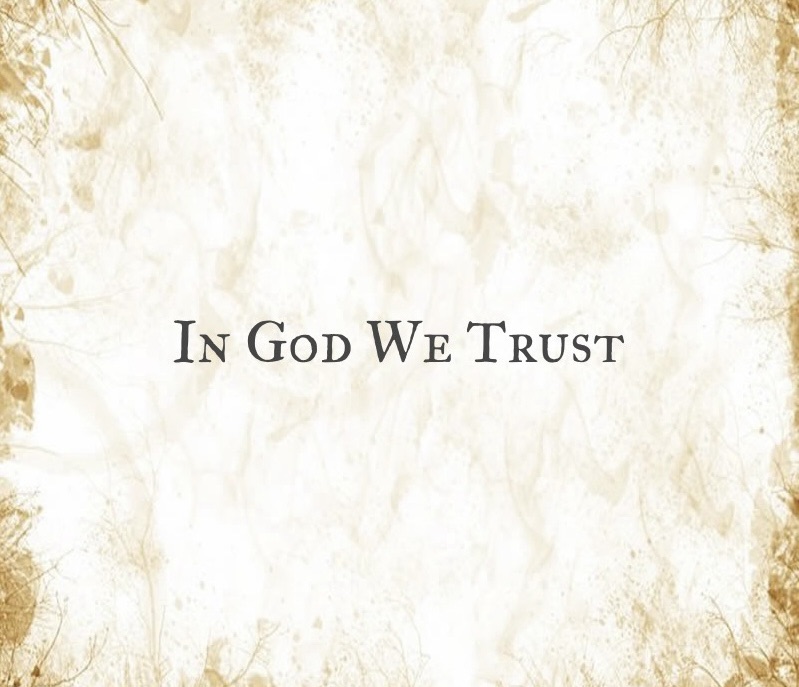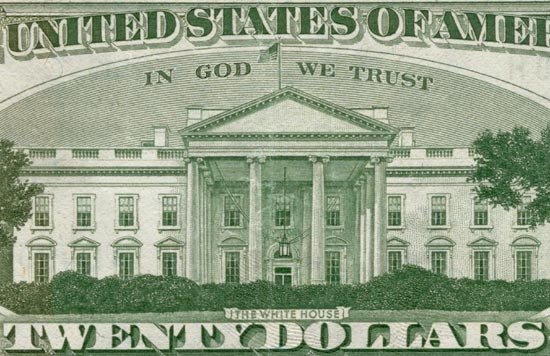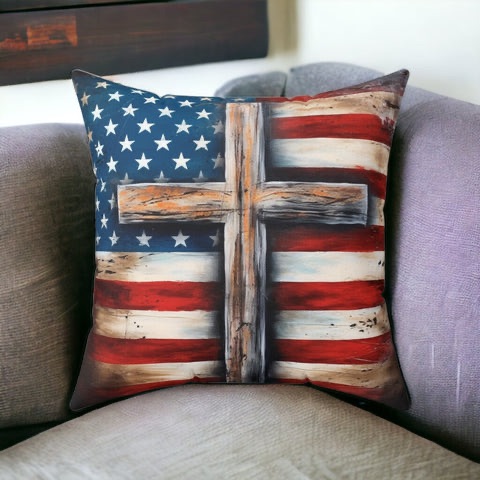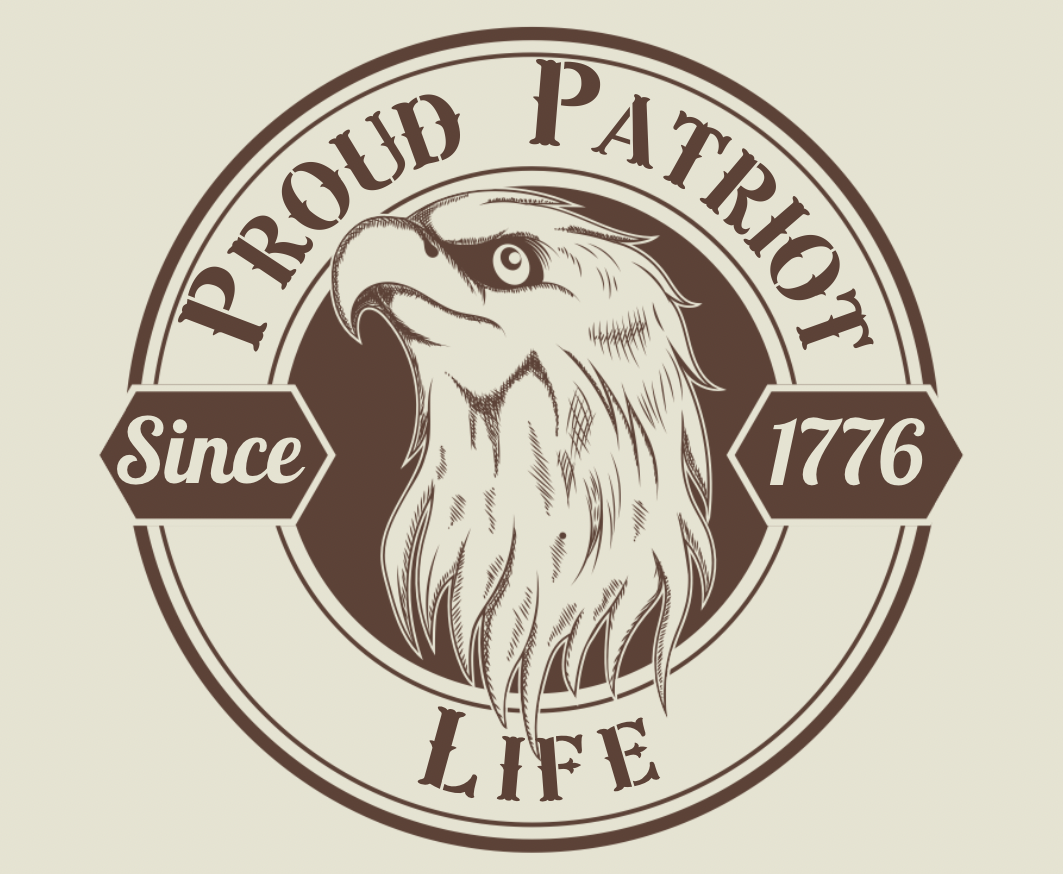
Unearthing the Roots of a National Motto
“In God We Trust.” This powerful proclamation is not just a phrase found on the currency in our pockets or inscribed on the walls of our institutions; it’s the official motto of the United States, woven into the fabric of American life and identity. But how did this declaration of faith come to be such a foundational element of our national ethos? And what does it mean for us today, particularly for Christian Americans who see this motto not just as a patriotic statement but as a testament to our country’s spiritual heritage?
This exploration aims to dive deep into the origins of “In God We Trust,” tracing its historical roots and examining its significance through the years. As we navigate the story of this motto, we’ll uncover how it has served as both a beacon of hope and a source of controversy, reflecting the nation’s unwavering faith amidst the ebb and flow of societal change. For Christian Americans, understanding the motto’s origins and its place in our national life is not just about patriotism; it’s about recognizing the profound spiritual foundation upon which America was built.
Join me as we embark on a journey through history, faith, and identity, exploring why “In God We Trust” is more than just words—it’s a declaration of our nation’s enduring belief in the divine, a belief that has guided us through trials and triumphs alike. As we delve into the past and reflect on the present, we’ll discover the lasting importance of this motto for those who seek to live out their faith in the land of the free and the home of the brave.

The Birth of a Motto: A Historical Overview
How Did “In God We Trust” Become America’s Motto?
The journey of “In God We Trust” from a sentiment to the official motto of the United States is as fascinating as it is inspiring. It was during the tumultuous times of the Civil War that the phrase first captured the nation’s imagination. Amidst the chaos and uncertainty, a groundswell of public sentiment called for the explicit acknowledgment of Divine Providence in the life of the nation. This led to the first use of the phrase on U.S. currency in 1864, a symbolic gesture that acknowledged the nation’s reliance on a higher power for guidance and protection.
The push to formalize this expression of faith gained momentum over the years, reflecting the country’s collective acknowledgment of its foundational Christian principles. Finally, in 1956, against the backdrop of the Cold War and as a counterpoint to atheistic communism, “In God We Trust” was officially adopted as the national motto, signaling a reaffirmation of America’s spiritual roots and its trust in divine guidance.
The Significance of “In God We Trust” in Early America
From the nation’s earliest days, the American identity has been deeply intertwined with Christian faith. The founding fathers, though diverse in their religious beliefs, universally acknowledged the importance of faith in the moral and ethical foundation of the country. “In God We Trust” encapsulates this historical relationship between faith and national identity, serving as a reminder of the spiritual underpinnings that have guided the United States through its formative years and beyond.
The adoption of “In God We Trust” as the national motto was more than a ceremonial nod to tradition; it was a declaration of the nation’s core values and principles. It underscored the belief that the liberties and freedoms enjoyed by Americans were not merely the result of human endeavor but blessings bestowed by a sovereign Creator.

For Christian Americans, the motto is a poignant reminder of the country’s spiritual heritage. It encourages a reflection on the role of faith in public life and the importance of upholding Christian values in the face of societal change. As we explore “The Scientific and Spiritual Journey Through Jesus’s Crucifixion”, we are reminded of the profound sacrifices that underpin our freedoms and the faith that sustains our nation.
In this section, we have traced the origins and significance of “In God We Trust” within the tapestry of American history and identity. As we delve deeper into its implications for today’s Christian Americans, we are called to remember and honor the spiritual legacy that shapes our collective experience.

Embedding Faith in National Identity
“In God We Trust” and American Patriotism
The intertwining of faith and patriotism within the American psyche is a unique hallmark of the nation’s identity. “In God We Trust” serves as a tangible expression of this blend, symbolizing the belief that the country’s successes, its trials, and its very foundation rest in a power greater than any human institution. This motto is not just a declaration of faith but a proclamation of a national ethos that sees divine providence as integral to the American experience.
For Christian Americans, the motto reinforces the idea that their faith is not a private affair but a public testament that guides the moral and ethical compass of the nation. It encourages believers to live out their faith actively, influencing society by embodying Christian principles of love, justice, and compassion. The linkage of faith with national identity through the motto reminds us that the pursuit of liberty and justice for all is underpinned by a trust in God’s sovereignty over the nation’s affairs.
The Motto in Times of Turmoil and Peace
Throughout American history, “In God We Trust” has been a rallying cry in times of turmoil and a whisper of comfort in moments of peace. It has served as a reminder that, in the face of wars, natural disasters, and internal divisions, the nation’s strength lies in its collective faith and reliance on divine guidance. This enduring trust has been a source of unity and resilience, binding Americans together with a shared hope and purpose.
In day-to-day life, the motto’s presence on currency and in public spaces serves as a constant reminder of these values. It is a call to remember and rely on the foundational truths that have guided individuals and the country through centuries of change. For many, it’s a daily nudge to reflect on the broader purpose and the bigger picture that frames their lives.
“In God We Trust” thus emerges as more than historical artifact; it’s a living, breathing declaration that continues to inspire and challenge. For Christian Americans, it is a call to action—a mandate to ensure that their faith is not sidelined but remains a vibrant, guiding force in the nation’s ongoing story. By turning to resources like “How to Be a Christian Starter Guide”, believers are equipped to navigate the complexities of expressing faith in a pluralistic society, ensuring that the motto remains a relevant and unifying force in American life.
In exploring the deep connections between faith and national identity encapsulated by “In God We Trust,” we are reminded of the enduring legacy and the continuous responsibility it bestows upon us. As we move forward, this motto challenges us to reflect on our role in upholding the values it represents, ensuring that our trust in God reflects in our actions, our policies, and our interactions with one another.

The Motto Today: Relevance and Challenges
Navigating the Waters of Modern Secularism
In an era characterized by rapid secularization and diverse beliefs, “In God We Trust” faces new challenges and controversies. How does a motto steeped in religious conviction fit within a society that increasingly values secularism and pluralism? For Christian Americans, this question isn’t just rhetorical; it’s a call to reflect on how they can demonstrate the relevance of their faith in a changing world.
Despite these challenges, the motto remains a potent symbol of America’s spiritual heritage. It serves as a reminder that the principles of faith, hope, and trust in a higher power can transcend cultural and religious boundaries. In navigating the waters of modern secularism, “In God We Trust” encourages a dialogue on the role of faith in public life, advocating for a society where diverse beliefs coexist while upholding the values that have united Americans for centuries.
“In God We Trust” as a Call to Action for Christian Americans
For Christian Americans, “In God We Trust” is more than a motto; it’s a mission statement. It’s a reminder to live out their faith authentically and courageously, to be beacons of hope and agents of change in a world in need of the transformative power of the Gospel. This mission involves not just personal piety but active engagement in societal issues, guided by the principles of justice, mercy, and love that Jesus exemplified.
This call to action is underscored by the need to embody the values represented by the motto in everyday life. Whether through community service, ethical business practices, or compassionate outreach, Christian Americans are challenged to make “In God We Trust” a lived reality. By engaging with resources like “Analyzing Social Media Interactions on Joe Biden’s Fishy Facebook Account”, believers are encouraged to critically engage with societal issues, championing truth and integrity in every sphere.

Upholding the Legacy of Faith and Freedom
“In God We Trust” encapsulates a profound legacy of faith, freedom, and the enduring American spirit. As we’ve explored its origins, significance, and the challenges it faces in the modern era, one thing remains clear: this motto is a foundational stone in the mosaic of American identity, a testament to the nation’s spiritual heritage and a beacon of hope for its future.
For Christian Americans, the motto is both a heritage to cherish and a challenge to embrace. It calls for a renewal of faith, a deepening of commitment, and a broadening of understanding. In a world marked by uncertainty and division, “In God We Trust” remains a rallying cry for unity, resilience, and hope, urging us to look beyond our differences and to place our trust in the enduring principles that have guided us thus far.
As we move forward, let us draw inspiration from “A Canvas for All Seasons: The American Flag in Home Decor Year-Round”, integrating our national symbols and mottos into our lives in meaningful ways. By doing so, we not only honor the legacy of those who came before us but also lay a foundation of faith and trust for future generations to build upon.
In closing, “In God We Trust” challenges each of us to reflect on our role in continuing the narrative of a nation deeply rooted in faith and committed to the pursuit of a more perfect union. Let us embrace this challenge with open hearts and minds, ready to uphold and extend the legacy of faith and freedom that defines us as American people.
As an Amazon Associate we earn from qualifying purchases through some links in our articles.



